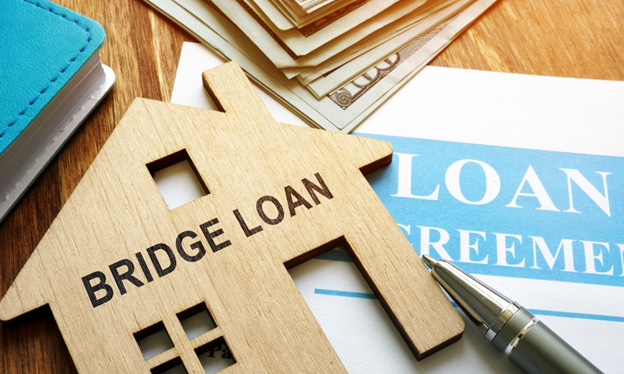Running A Quick Financial Health Check Before You Apply For A Mortgage
 Getting a mortgage is a significant financial decision, and it is crucial to ensure that you are financially prepared before applying for one. Conducting a quick financial health check before applying for a mortgage can help you determine your financial standing and your ability to afford a mortgage payment.
Getting a mortgage is a significant financial decision, and it is crucial to ensure that you are financially prepared before applying for one. Conducting a quick financial health check before applying for a mortgage can help you determine your financial standing and your ability to afford a mortgage payment.
Here are some reasons why you should consider conducting a quick financial health check before applying for a mortgage:
- Check your credit score: Your credit score is an important factor that lenders consider when deciding whether to approve your mortgage application. Check your credit score to see where you stand and take steps to improve it if necessary.
- Review your debt-to-income ratio: Lenders will also look at your debt-to-income ratio, which is the amount of debt you have compared to your income. If your debt-to-income ratio is too high, you may not be able to qualify for a mortgage. Try to pay down debt and increase your income to improve your debt-to-income ratio.
- Calculate your down payment: Most lenders require a down payment of at least 20% of the purchase price of the home. Calculate how much you’ll need for a down payment and make sure you have enough savings.
- Determine your monthly housing costs: Take a look at your monthly income and expenses to determine how much you can afford to spend on your mortgage payment, including property taxes and insurance. Make sure you’re comfortable with the monthly cost before applying for a mortgage.
- Get pre-approved for a mortgage: Once you’ve completed these steps, it’s a good idea to get pre-approved for a mortgage. This will give you an idea of how much you can borrow and the interest rate you’ll receive.
Conducting a quick financial health check before applying for a mortgage is a smart move. It can help you identify any financial issues, improve your mortgage eligibility, and ensure that you are prepared to take on the financial responsibilities of homeownership.
By following these steps, you’ll be able to quickly assess your financial health to increase your chances of being approved for the loan and determine whether you’re ready to apply for a mortgage.

 A land survey is an essential tool that is used to determine the exact boundaries of a piece of land or property. It is often required when buying, selling, or dividing land, and is also important for resolving property line disputes.
A land survey is an essential tool that is used to determine the exact boundaries of a piece of land or property. It is often required when buying, selling, or dividing land, and is also important for resolving property line disputes. A bridge loan, also known as interim financing, is a short-term loan used to provide temporary financing until a borrower secures long-term financing or sells an asset. Bridge loans are commonly used in real estate transactions, such as when a buyer needs to close on a new home before selling their current home.
A bridge loan, also known as interim financing, is a short-term loan used to provide temporary financing until a borrower secures long-term financing or sells an asset. Bridge loans are commonly used in real estate transactions, such as when a buyer needs to close on a new home before selling their current home.